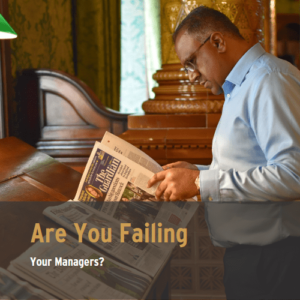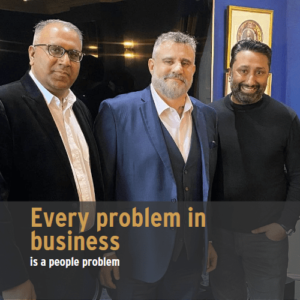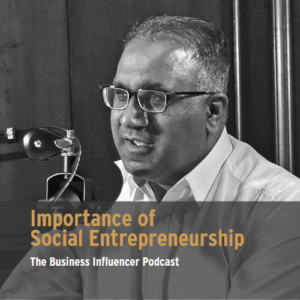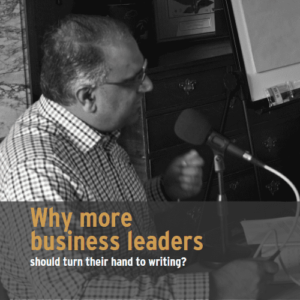By demonstrating these attributes from the onset, you are more likely to build a team centered around mutual trust and respect.
Trust is the foundation of growth and so it’s imperative to consider how you are demonstrating this to those around you. If you want to grow as a person, grow your reputation ultimately to grow your business, the key is to build long term relationships built on mutual trust after all it starts with trust and grows because of trust.
Over the years companies have leveraged on trust to build formidable business brands that continues to stay relevant because of trust.
Trust plays a major role in building consumer loyalty and increasing the brands bottom line as nearly 90% of consumers said they are more likely to buy more, pay more and recommend brands they trust.
The worlds most trusted brands(2021) spanning across different sectors such as technology, Retail, FMCG’s, Entertainment are not only highly rated on functionality but also on emotional and social qualities which ultimately strengthens trust resulting in community impact and employer loyalty.
The Top 5 brands namely Google, PayPal, Microsoft, YouTube and Amazon has consistently captivated their consumers by positioning their brand to reflect both the functional and emotional needs of its consumers thereby building a trustworthy brand. For instance, PayPal’s as an innovative and reliable payment platform is also dedicated to empowering small and minority businesses thereby solidifying its position as a trustworthy brand to its target audience.
While trust is crucial in achieving emotional and social aspects that drive brand reputation, value, relevance, quality and experience are equally critical as it improves engagement that drives usage and ultimately customer retention. This makes the ideal recipe for improved business performance, continuity and loyal consumer relationship.
Brands with high level of trust has the benefit of its trust compounding over time while brands lacking trust face the associated risk of negative sentiments and high levels of skepticism which impacts brand reputation and ultimately brand performance.
For instance, companies with high level of trust that equally responded positively to the Covid-19 pandemic by prioritizing compliance, safety and welfare of its stakeholders such as Amazon, Costco, Walmart, Google gained more trust with consumers thereby driving up consumer engagement, brand loyalty and retention while some brands such as Debenhams, Arcadia group, Bertram books, Mothercare which had been experiencing decline in consumer engagement ultimately didn’t survive the impact of the Covid 19.
Some of the main drivers for trust are both functional and emotional such as good valve for price, personal data protection, high quality, customer service and customer experience. This is reflected in the 8 out of 10 global consumers that say they lost trust in a brand and switched to a competitor majorly as a result of functionality.
Today’s consumers are equally attentive to the ethics of the company they buy from with 66% global consumers interested in the company’s global political and societal views on matters of personal interest.
Historically, brands had focused on solely meeting the functional needs of its consumers but the emotionally needs have been proved to be equally important in building a brand that not only delivers but connects and resonates with its consumers thereby building brand loyalty. Ultimately, trust is no longer a ‘nice to have’ but a ‘must have’ for any brand.










